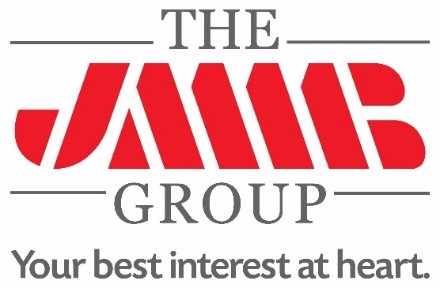Archive
Who will win in the Lime vs Digicel Price War?
The best option or more suitable alternative for one or both would be to put their efforts into showing their value and how much it is worth and staying out of a price war. Show consumers what they get for their money both in a tangible and intangible way.
Otherwise all parties, including the consumer, could lose out in the long run.
-

 Businessuite News24 International2 years ago
Businessuite News24 International2 years agoTELSTRA Officially Acquires DIGICEL PACIFIC
-

 Feedback & What You Think2 years ago
Feedback & What You Think2 years agoWhich Company Has The More Sustainable Business Model….Edufocal or ICREATE and Why?
-

 Marketing & Advertising2 years ago
Marketing & Advertising2 years agoWill Oliver Mcintosh’s Verticast Media Group Acquire CVM TV From Michael Lee Chin? Part 1
-

 Businessuite Women1 year ago
Businessuite Women1 year agoJoanna A. Banks Was Set To Become The Youngest And Most Powerful Woman In Corporate Jamaica And The Caribbean
-

 Businessuite 50 Power and Influence1 year ago
Businessuite 50 Power and Influence1 year agoBusinessuite Women- Power and Influence 50 For 2023
-

 Leadership Conversations1 year ago
Leadership Conversations1 year agoJeffrey Hall Is Set To Be One Of The Most Powerful Men In Corporate Jamaica And The Caribbean. So, Who Is He?
-

 Businessuite Markets2 years ago
Businessuite Markets2 years agoWhat Does Seprod’s Acquisition of Trinidad Based A.S. Bryden Have to Do with CEO Richard Pandohie’s Single Domestic Market Strategy?….Part 1
-

 RANKING2 years ago
RANKING2 years agoThe Businessuite Skin Index – Explained










